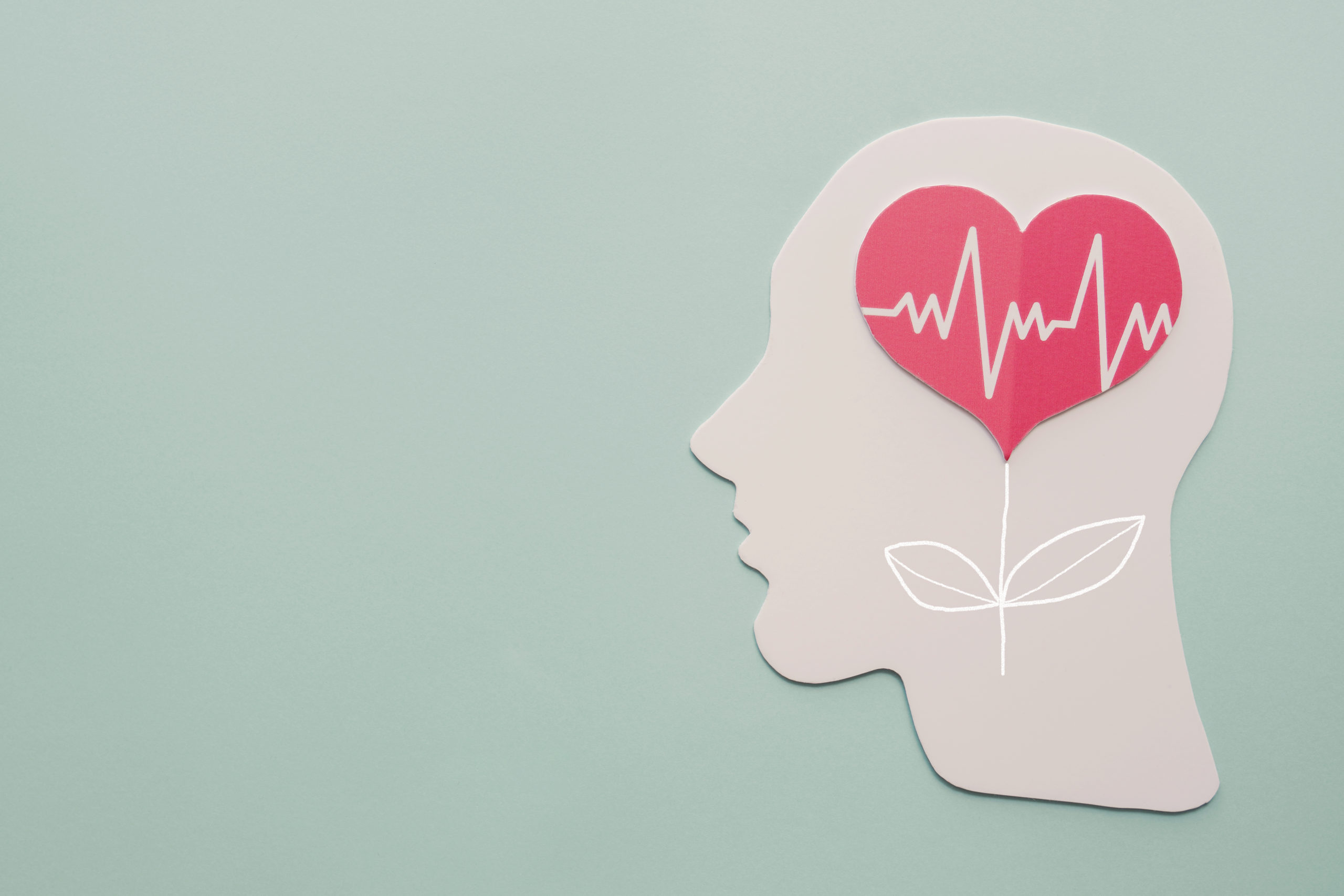
[ad_1]
Eaten up with guilt, shame and fear, I’ll never forget the young teenaged patient who nervously answered “yes” when, while filling out her medical history, I asked if she had any eating disorders. I had been nervously anticipating the day I’d encounter a patient who would respond affirmatively to this question because I’d been in her situation before.
I paused for a second, debating whether I should disclose to her that I struggled with several bouts of anorexia, bulimia and laxative abuse before asking her for more details. I had gone through that ordeal on my own, not having any support from family or friends. I knew that if one person had reached out to me in my time of need, I could have saved myself from the grief of relapses, damage to my teeth and the countless hours of crying alone in my room, feeling a loneliness that physically overwhelmed me.
When it comes to talking about mental health, there’s always an amount of uncertainty about how to broach the subject, whether it be with patients, colleagues or even family. When going through health history, few mental health issues make themselves known until there’s a tangible physical side effect from that mental illness. Alcohol abuse, tobacco smoking, drug abuse, eating disorders — these are just a few of the physically visible mental illnesses we are required to document in Axium, and there’s always a pause before anyone discusses these health conditions. What about anxiety? What do you say to the patient who presents with exaggerated linea alba or morsicatio buccarum and a sore TMJ every morning? Is that a subject to be broached with them, or are you being too presumptive and overstepping as the dentist?
There is too much hesitancy when it comes to discussing mental wellness within the medical field. As the saying goes, you cannot pour from an empty glass. It’s so important for us as providers to look after ourselves before taking care of others. For me, I am always nervous to bring it up because it feels like I’m being too needy and selfish, but I think it would be game changing if professors were just more open in the small moments to offer some sympathy or encouragement. One of my patients walked out on me after I explained to him I could only extract two of the three teeth he wanted out because the other was out of my expertise. I was frazzled, and my anxiety was through the roof as I presented to the faculty, but hearing the amazing Dr. A. Patel say, “I’m sorry that happened to you,” did a lot to calm me down and reassure me that I did nothing wrong.
“Hey girl, I’m so sorry you’re going through this,” I whispered to my patient as she deliberated how much to tell me about her eating disorder. “I’m here if you want to talk about it.” I watched her eyes well up with tears as she explained her history of bulimia to me. All it took was for me to be open to her, and when I later confided my own history of purging to her, I swear she looked less lonely.
It’s these little moments that truly have the biggest impact on our mental health. Whether it’s offering a few words of encouragement, some empathy or just being willing to hear out someone’s grievances, a small action could be the catalyst to someone’s mental state improving.
~Unnati Soni, Temple ‘23, ASDA District 3 Advocacy Committee Co-Chair
[ad_2]
Source link








